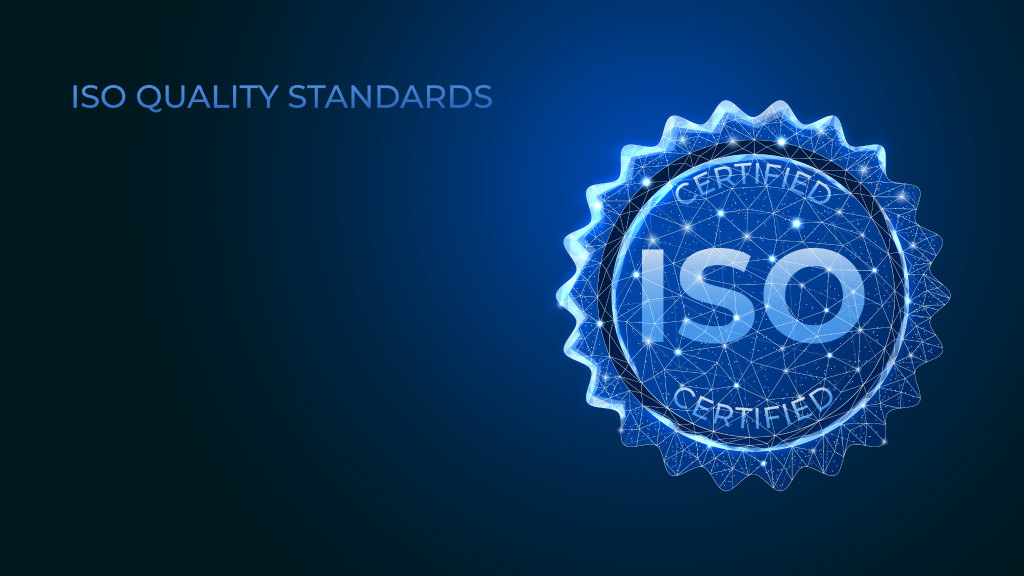
- ISO 9001 and CMMI focus on quality management but differ in scope and application: ISO 9001 sets a QMS framework, while CMMI emphasizes process improvement and capability maturity.
- ISO 9001 is widely applicable across industries, focusing on customer satisfaction and regulatory compliance, while CMMI is typically used in sectors requiring high process maturity, such as software and defense.
- Implementing both can create a synergistic approach, where CMMI enhances the structured process improvements that support ISO 9001’s quality standards, leading to comprehensive organizational excellence.
ISO 9001 and CMMI are two widely recognized frameworks in quality management, each offering unique approaches to enhancing organizational performance. ISO 9001 is an international standard for establishing and maintaining a Quality Management System (QMS), providing a structure for organizations to improve processes and prioritize customer satisfaction. It applies to any organization and emphasizes continual improvement through auditing, training, and compliance with regulatory requirements. Many companies use ISO 9001 to boost their reputation, streamline operations, and maintain quality in global markets.
CMMI (Capability Maturity Model Integration), on the other hand, is a model that guides organizations in process improvement, focusing on capability and maturity levels. Unlike ISO 9001, CMMI includes maturity stages, starting from ad hoc processes at Level 1 to optimized and highly refined processes at Level 5. This model is particularly valuable in software development, aerospace, and defense, where process maturity is essential. CMMI helps organizations assess their current process capabilities and chart a path for continuous enhancement, making it a more detailed roadmap for organizational growth.
Although ISO 9001 and CMMI share similarities, such as focusing on customer satisfaction and continuous improvement, their differences are significant. ISO 9001 is a broad-based QMS standard applicable across various industries, while CMMI is particular to certain sectors and emphasizes organizational maturity. ISO 9001 relies on external audits for certification, whereas CMMI involves a capability appraisal by certified assessors. ISO 9001’s main aim is meeting customer requirements and maintaining regulatory compliance, while CMMI seeks to mature organizational processes for overall improvement.
Combining CMMI and ISO 9001 offers organizations a comprehensive approach to quality and process management. CMMI’s focus on structured process maturity can support and optimize ISO 9001’s QMS principles, helping organizations meet and exceed quality standards through continuous process refinement. This integrated approach enables businesses to achieve higher operational efficiency and competitive advantage by enhancing quality management and process improvement across all levels of the organization.


Leave a Reply
You must be logged in to post a comment.